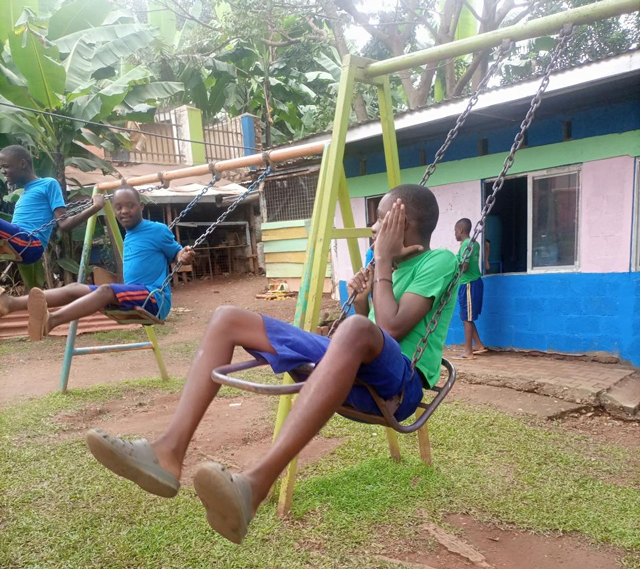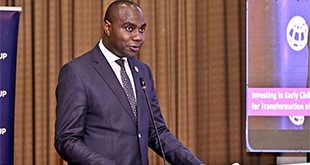
Kampala, Uganda | THE INDEPENDENT | When Dorna Centre Home for Autism reopened after nearly a year of closure with the COVID-19 lockdown on schools, half of the children living with autism never returned.
While the abrupt closure wouldn’t have a heavy psychological toll on a normal child, breaking routine can be tough on autistic children because of their being repetitive and restrictive in behaviour, experts say. Such children feel safe when there is a consistent and predictable routine in place, yet they can become overwhelmed when routines suddenly change.
According to medics, inconsistency causes anxiety and frustration, which is often expressed in what adults perceive as challenging behaviour. After the closure of schools in March last year, many of the autistic learners encountered a meltdown and need a special package to fine-tune their mind into the classroom arrangement.
It’s because of this that Dorothy Nambi, the school director has embarked on incorporating music therapy into their vocational and life skills package to tune the children back on course, first by training the teachers who she says will transfer the skill to the learners. She says with the stigma around autism, some teachers had withdrawn and have to be retooled.
According to Dr Arinda Anita, a psychiatrist based at Butabika hospital, children with autism thrive better at school because of the clear structure and routines that schools provide. She says the children got very agitated since homes and parents can’t fully provide it and that healing them from that disruption would need a little more innovation from the experts.
She says music therapy has been scientifically proven to improve social and communication skills of people who live with the disorder that impacts the nervous system impacting on the sufferer’s patterns of thought and behaviour.
Andrew Agassi, the Country Director Brass for Africa Uganda, a music charity that is training the teachers and providing the music equipment, says the initial results of the skills training for teachers is impressive. They have already had sessions where the children are following through effectively.
He says before they embarked on music therapy here, the regional NGO first surveyed for six months to understand the level of awareness about the disorder in Uganda. They found the condition to be associated with a lot of misconceptions and beliefs which limits access to care.
However, Arinda says autism is a genetic incurable disorder that only gets better with supportive treatment to improve someone’s quality of life. She says among the predisposing factors for having an autistic child include premature birth, have a relative with autism or other mental health problems like intellectual disability.
********
URN
 The Independent Uganda: You get the Truth we Pay the Price
The Independent Uganda: You get the Truth we Pay the Price


